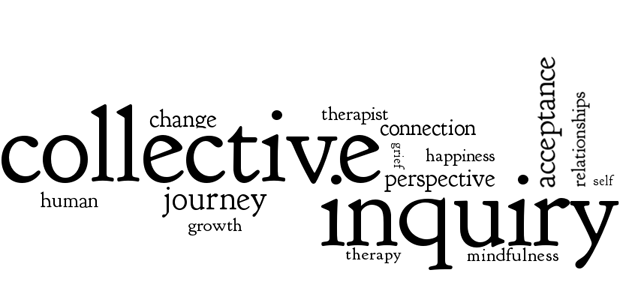

Several years ago I was working on a grant to help ease the transition for adolescents to go from a residential treatment center for mental health back into school. This transition is typically difficult due to changes in medication or people asking where they were. To help part of the transition, I wanted to be able to have marriage and family therapy interns conduct family therapy sessions. Those that I was collaborating with struggled with this idea. Both of them were parents of children who had mental illnesses and they were each told by their family therapist that they were to blame.
The perspective their family therapists took were most certainly incorrect. I was actually a bit surprised that a family therapist would take such a position. A large part of my training as a marriage and family therapist was to begin to see things from a systems’ perspective. In all situations but abuse, a systems’ perspective precludes placing blame on any one individual. Instead, the perspective talks about a shared responsibility in working together to improve overall relationship and individual functioning.
Many times I am asked to help find out why someone exhibited some behavior: “I need to know why she cheated on me.” “I need to know why I keep getting into damaging relationships.” “I need to know why I can’t stop doing this.”
I think that why is like the pot of gold at the end of a rainbow. The more we chase it, the more hopeless we feel, because it doesn’t exist. Similar to the idea of a shared responsibility, there are usually so many events, thoughts, behaviors, and emotions that go into anything we do, a simply why doesn’t exist, which also contributes to any explanations of behaviors don’t seem to fit or satisfy.

Image by fotoviva
One of the reasons it’s so difficult for us to not chase the why is because we are raised on a pretty stringent diet of linear causality. Think back to science class. Remember the scientific method? This is all about establishing the why relationship; it’s all about cause and effect. Add liquid A to liquid B and presto, we get some new glow-in-the-dark chemical. Even outside of school, we learn cause and effect. Talk back to a parent, we get grounded. Fall off our bike, and we get hurt.
Seeing things from this simplistic perspective helps structure and organize our lives; it’s not a bad perspective in and of itself. The problem happens when we begin applying the perspective to complex situations. So what do we do rather than chase this pot of gold?
We practice acceptance. Acceptance doesn’t mean we justify, rationalize, excuse, or surrender. To me, it means coming to terms with what is. I like the words of Pema Chödrön:
“We have a choice. We can spend our whole life suffering because we can’t relax with how things really are, or we can relax and embrace the open-endedness of the human situation, which is fresh, unfixated, unbiased.”
What does acceptance mean to you?
3 Thoughts About The problem with why
Very well said, thanks for sharing! It is so easy to get bogged down in the “why” rather than moving forward, embracing what we have, and being grateful for it.
k5o6s5
lk8qxb